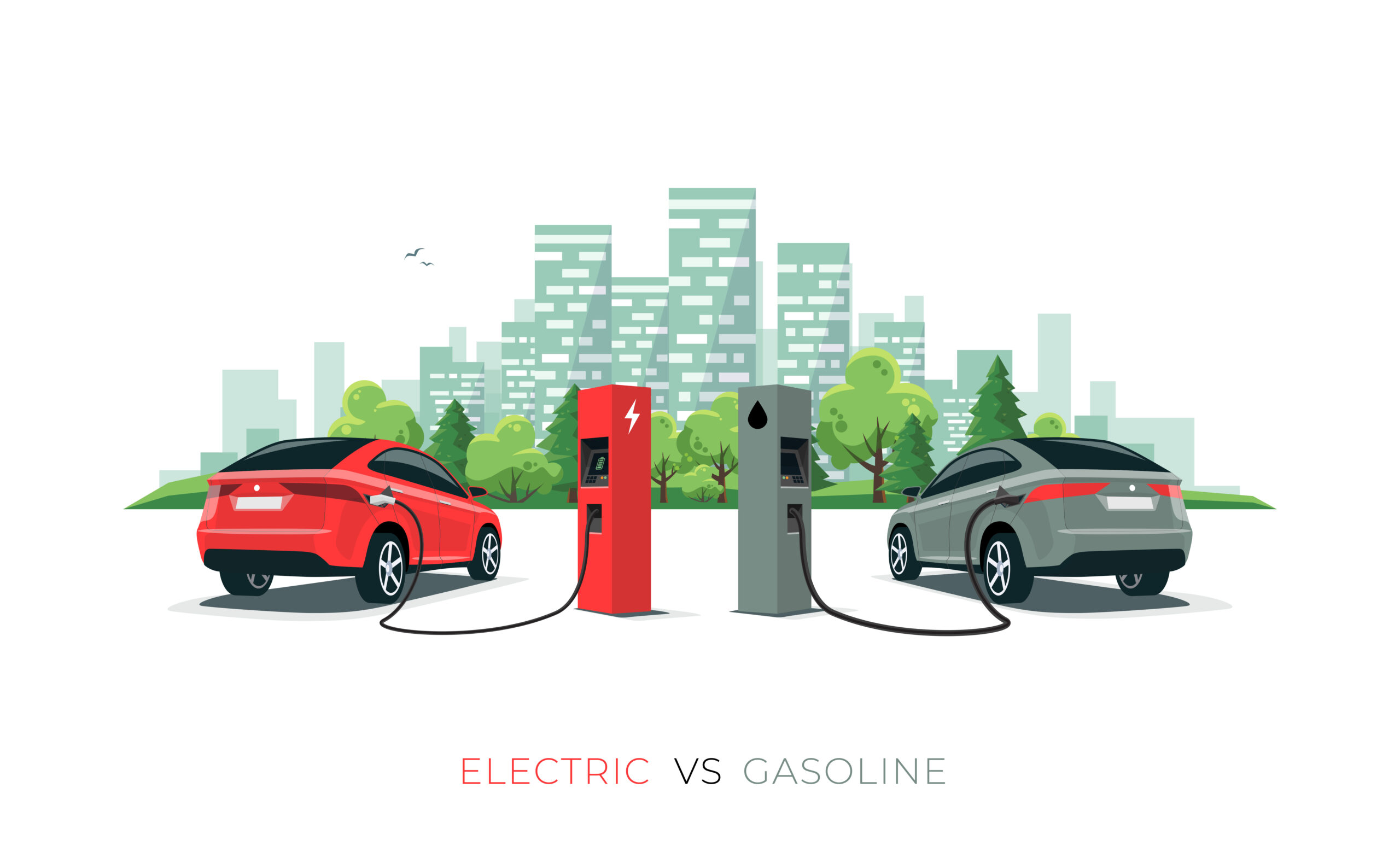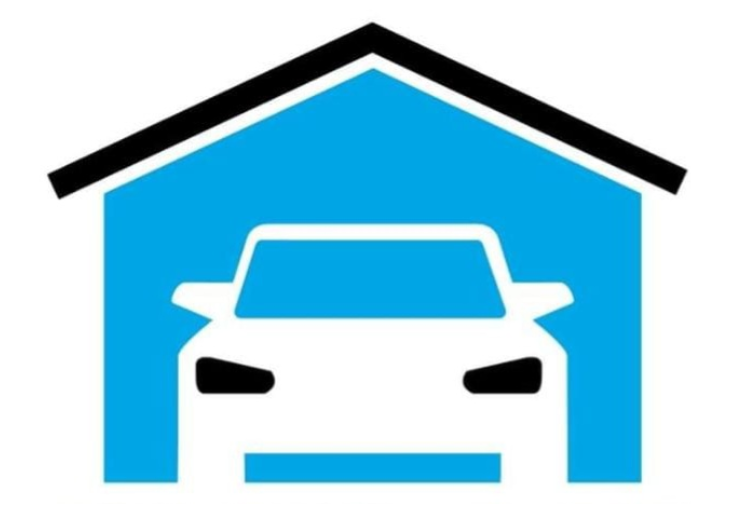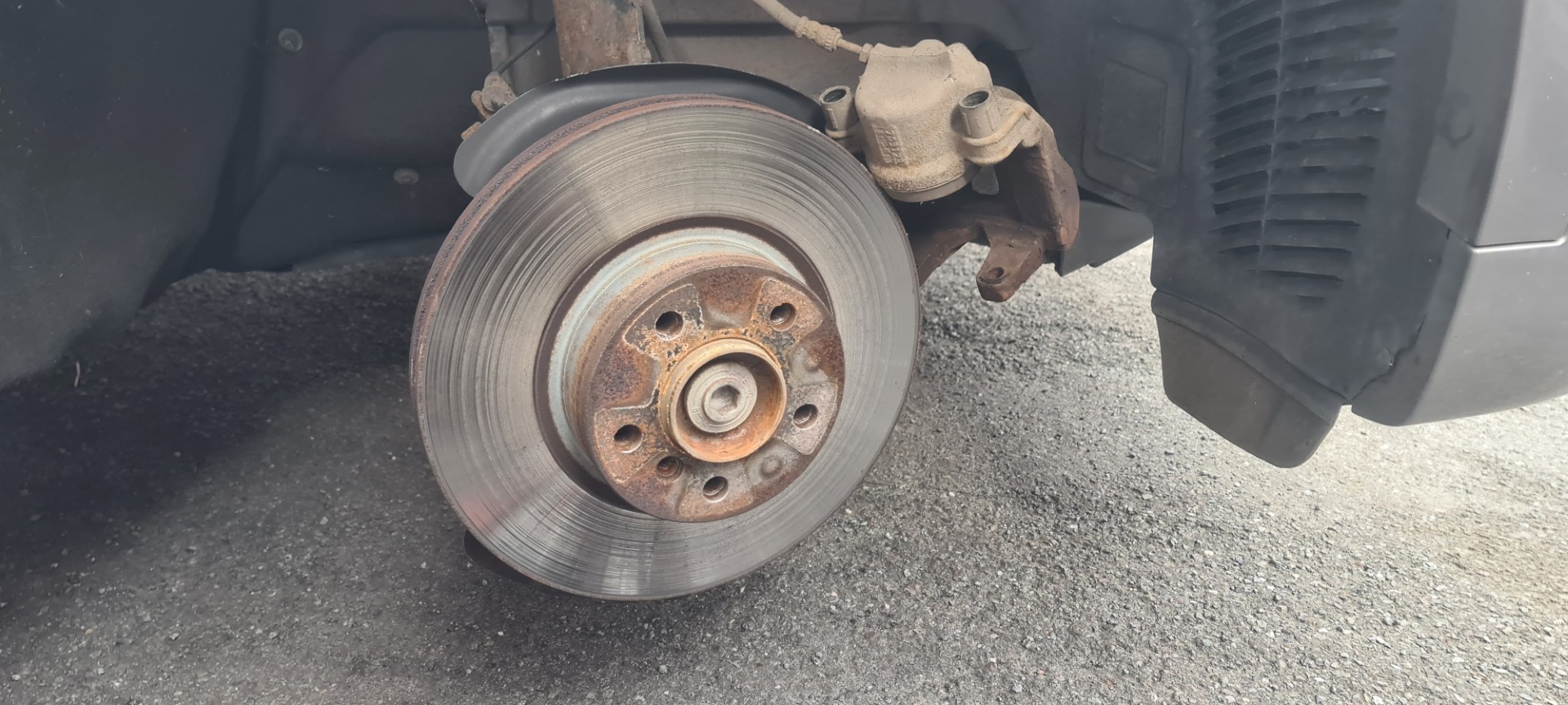

Electric Cars vs Petrol: What Mechanics Are Seeing in 2025
For bookmechanic.uk — practical, up-to-date insight your customers will actually read
In 2025 mechanics are seeing a fast-growing electric vehicle (EV) fleet, different common faults, new tools & safety needs, and evolving service costs. Here’s what that means for drivers — and how to find the right mechanic on BookMechanic.uk.
Introduction — the shift on UK roads
2025 is the year the UK’s EV revolution feels tangible in day-to-day garages. New EV registrations are up strongly this year, and battery-electric vehicles now make up a significant slice of new car sales — meaning more EVs in local driveways and more EV work coming into independent mechanics’ bays.
1) What mechanics are actually seeing in 2025
Electric Cars vs Petrol: What Mechanics Are Seeing in 2025
More EVs through the garage doors
Mechanics report a steady rise in EV bookings: routine servicing, pre-trip checks, battery health checks and diagnostics. National registration and industry data show substantial year-on-year growth in new EV registrations in 2025, so that trend isn’t just local — it’s wholesale.
A shift in the types of jobs
Where petrol cars brought oil, timing belt and fuel-system jobs, EVs bring: battery inspections, software and BMS (battery management system) diagnostics, high-voltage component checks, and thermal management servicing. Mechanics also see increased tyre and suspension wear on EVs (they’re heavier), and different brake wear patterns due to regenerative braking.
New skills and safety procedures are non-negotiable
To work on EVs safely and legally, workshops are investing in high-voltage training, insulated tools, PPE and updated diagnostics kit. Technicians cite EV-specific training and certification as a top priority. If a garage doesn’t advertise HV (high-voltage) competency or EV training, ask them.
2) Common EV issues mechanics are diagnosing in 2025
-
Software glitches & OTA updates: Many modern EV faults are software related — infotainment, range calculation, or battery management. Often the fix is an update or recalibration.
-
Battery capacity & thermal problems: Degradation shows as reduced range; thermal system failures (cooling/heating) can shorten battery life and performance.
-
Charging faults: Problems with onboard chargers, charge port failure, or improper home charging setups regularly come into the shop.
-
Accessory/electrical faults: HVAC, ambient sensors, 12V battery (still present in EVs) and power electronics issues are increasing.
-
Brakes & tyres: Regenerative braking reduces friction-brake wear but can change pad life patterns; heavier EVs accelerate tyre wear and suspension stress.
3) Cost — are EVs cheaper to maintain than petrol cars?
Short answer: often yes, but it’s nuanced.
-
Government and independent analyses continue to show EVs have lower running and maintenance costs in many cases — savings on fuel, fewer moving parts and less frequent fluid/service items. Many reports suggest meaningful annual savings for EV owners versus petrol.
-
However, some EV-specific services (battery health checks, HV component repair, specialist diagnostics) require investment by garages, and local EV servicing prices are rising in places. The gap in routine servicing costs between EVs and petrol cars has narrowed in some analyses as EV repair expertise becomes pricier. Check quotes from local garages and compare.
4) What this means for drivers — a checklist
If you own or are thinking of buying an EV in 2025, keep these in mind:
-
Find garages with EV training & HV certification. Ask directly — it’s not the mechanic’s job to hide this.
-
Book a battery health check if you see range loss. Early diagnosis can help.
-
Maintain your 12V battery and check charging equipment. Many EV issues trace to auxiliary electrical components or home charger faults.
-
Watch tyres & suspension: heavier EVs wear tyres faster — rotate and check pressures often.
-
Keep software updated: allow recommended OTA or garage-applied updates to avoid nagging software bugs.
5) How garages are adapting (and what to ask your mechanic)
Mechanics we talk to and industry reports show garages are doing three things:
-
Investing in training and safety — HV awareness, battery handling and isolation procedures.
-
Buying new diagnostic tools and insulated equipment — to read BMS data, run software updates, and safely work with high voltage.
-
Offering hybrid packages — combined software + battery health checks, home-charger inspections and EV-friendly maintenance plans.
Questions to ask before booking: “Do you have EV high-voltage training?” “Can you run a battery health report?” “Do you offer software/firmware updates?” If the answer is no or vague, get a second opinion.
6) How BookMechanic.uk helps — connect to the right mechanic fast
At BookMechanic.uk we’re seeing more mechanics list EV competencies and training certificates. When you search, look for profile badges that show EV training, HV safety, or specific certifications — these filters make it quicker to match EV owners with technicians prepared for the work. We also encourage mechanics to list EV services (battery checks, charger inspections, software diagnostics) so you can book the right job in one go.




